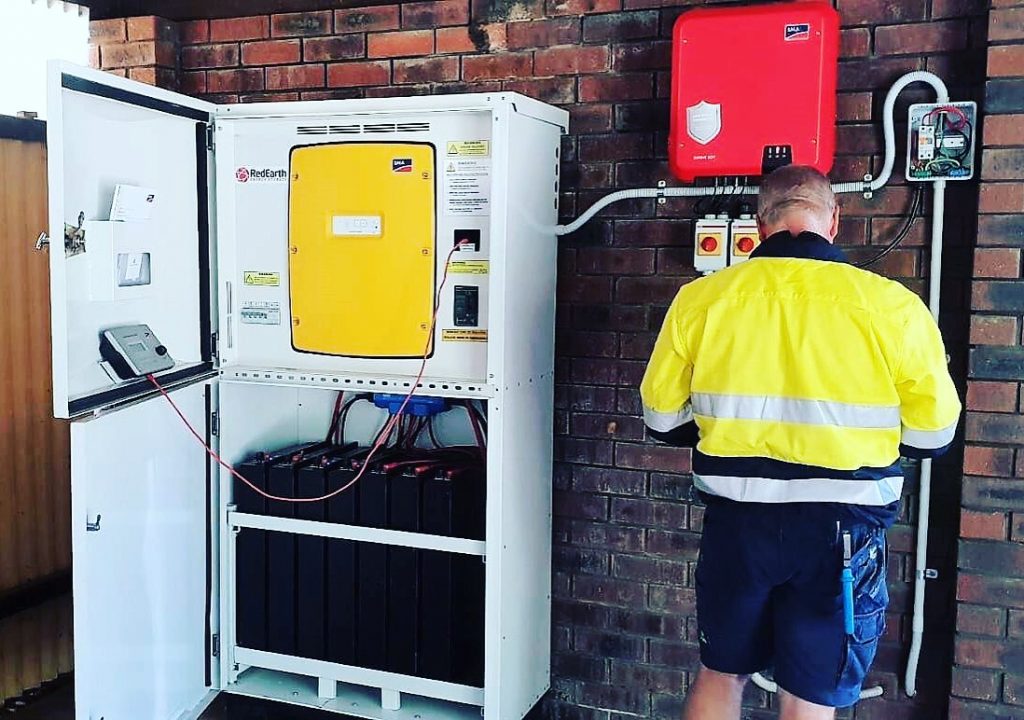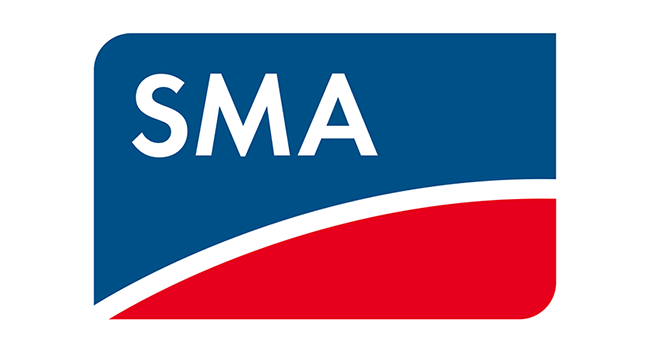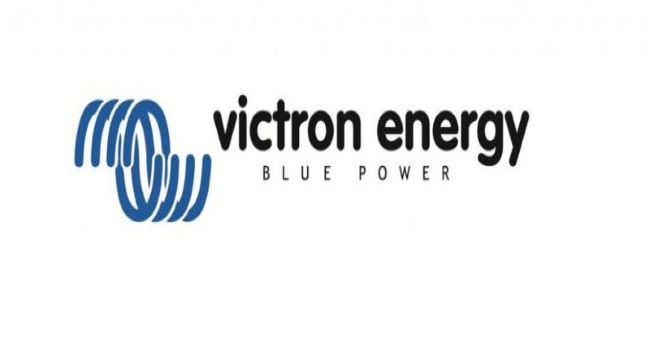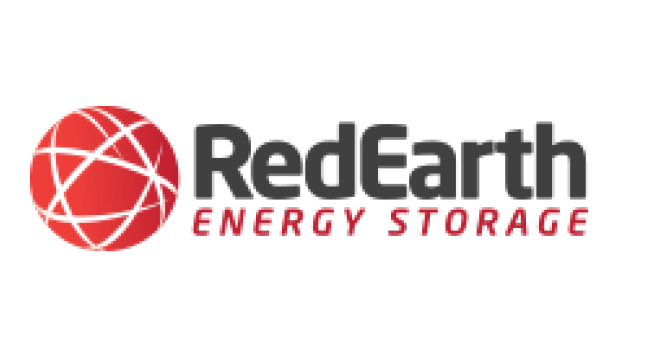
Off Grid Solar Power Solutions
Our Off-Grid Power System’s.
Off Grid Solar is Capable of powering a small coastal hut, medium sized house or up to larger properties including;
- Farms
- Industrial and Machinery shed’s
The system’s can be designed as Single or Three phase to meet your property’s power needs. Our integrated power system are designed to meet your changing needs with the availability to have a scaleable battery system so you can simply add and expand as your needs grow over time.
All our systems are designed with the following in mind
- Safety
- Reliability
- High Efficiency
- Low Maintenance
- Easy of operation
Our Systems can be designed as Ac or Dc Coupled
Coupling Options For Off-Grid Solar Arrays
Substantial improvements to off-grid photovoltaic technology during the past decade have led to more choices in off-grid PV system design.
Installers can choose between direct-current (DC) coupling with a charge controller and direct alternating-current (AC) coupling of an off-grid or grid-tied inverters to the AC bus for these applications. The appropriate coupling method varies by project.
Advantages to Both Methods
Both AC- and DC-coupled systems provide a renewable energy source where power normally is not feasible, but there are advantages and challenges to both methods.
Traditional off-grid systems are DC-coupled. The battery bank is charged by connecting solar modules to a large charge controller, which regulates both the voltage and current.
With AC coupling, an AC-synchronous solar inverter is directly connected to the AC loads panel. The DC battery bank powers the DC-to-AC inverter, with solar production fed to the AC loads panel. Any extra power on the AC bus is converted to DC to charge the batteries.
Ac coupled
AC Coupled is the perfect Off Grid solution, coupled to the Lithium, carbon lead or AGM battery. The Hybrid Power Battery System creates two individual circuits for the household. One is generated from the ac solar inverter and the other power from the dc inverter and battery supply. By creating an AC Bus, an AC Coupled system will allow PV energy to be efficiently used directly by the load with excess PV energy going back through the bi-directional inverter to charge batteries.
Dc coupled
DC coupled systems use solar charge controllers (also known as solar regulators) to charge the battery directly from solar, then a battery inverter to supply AC power to appliances. DC coupling is ideal for new on- and off-grid solar+storage system installations in both residential and small commercial applications, but not retrofits with existing solar panels.









